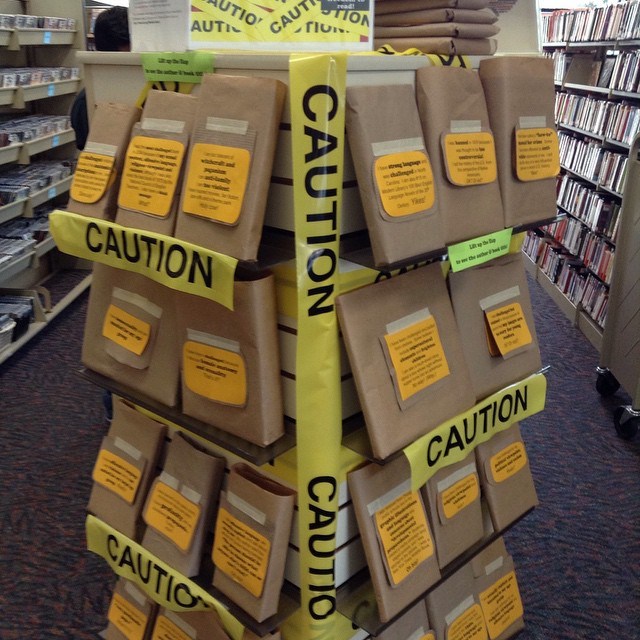Death to Valentine’s Day!!!
February 15, 2022
With the New Year comes a new cycle of holidays and celebrations; the first major holiday after New Year’s is Valentine’s Day. It is a day that many people have grown to hate, since enjoying the holiday depends on your ability to spend it with a special someone (assuming you have one). Going shopping any time directly after Christmas becomes a painful reminder of the holiday after, as many stores begin to set out their heart-shaped candies and stuffed animal toys in anticipation.
Valentine’s Day may be a fun day for giving gifts to and receiving gifts from the people you love, but shouldn’t we already be showing people that we appreciate them in our daily lives rather than just one day out of the year? The many legends and origins of the holiday are dark as well; it all centers on Saint Valentine. Some legends say that Saint Valentine was a priest who was imprisoned and martyred for helping couples get married, which was outlawed in Rome by Emperor Claudius II during the third century. Some legends say that Valentine sent the first “valentine” to his love while awaiting his execution, an obvious romantic gesture.
Love should be more than some superficial display of affection that happens more than once a year. It has become a day that retailers thrive from the belief that if you do not get your significant other something, then you really do not love them. If you really want to show your partner that you love them, try learning and understanding each other’s love languages.
Love languages (first defined by author Gary Chapman) are diverse ways of receiving and expressing love such as using words of affirmation, displaying acts of service, both giving and receiving gifts, spending quality time, and incorporating meaningful physical touch. With the internet, there are now hundreds of quizzes and online tests that help you figure out your “love language” and your partner’s love languages. By doing this together, you can learn how to love and appreciate one another in a way that means more than some commercial holiday.


















